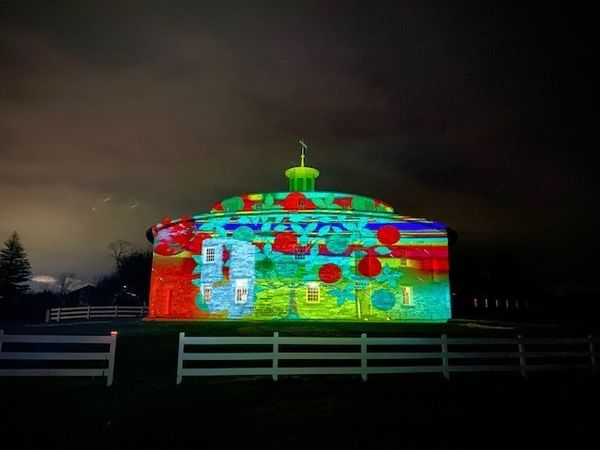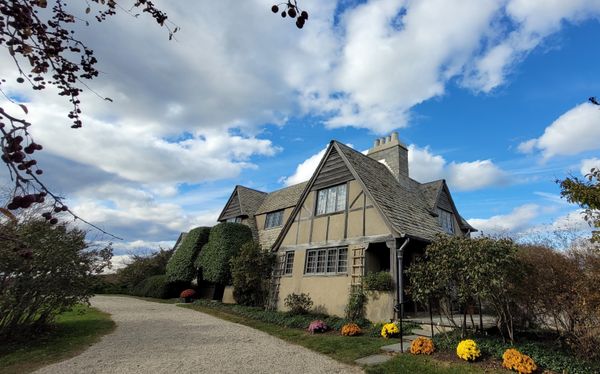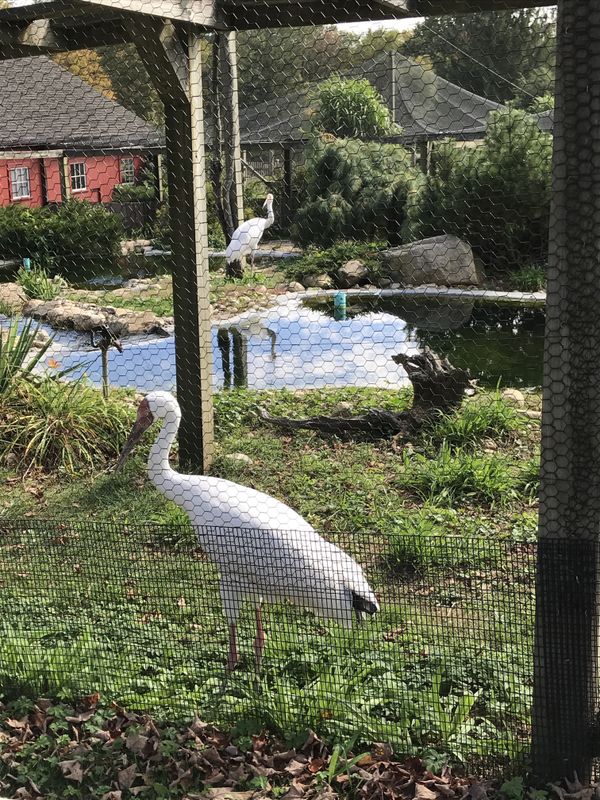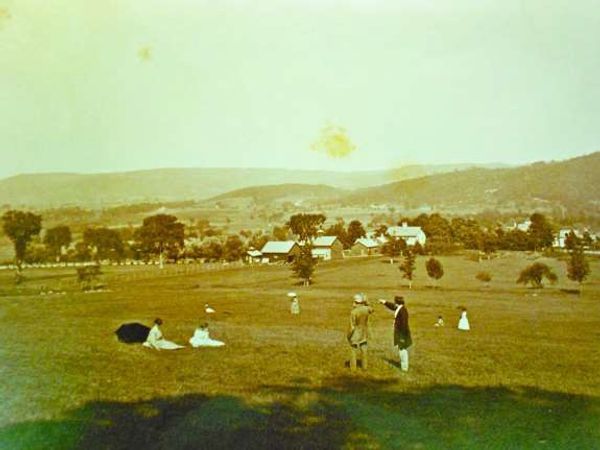Bard College: Worth the Drive for Music & More
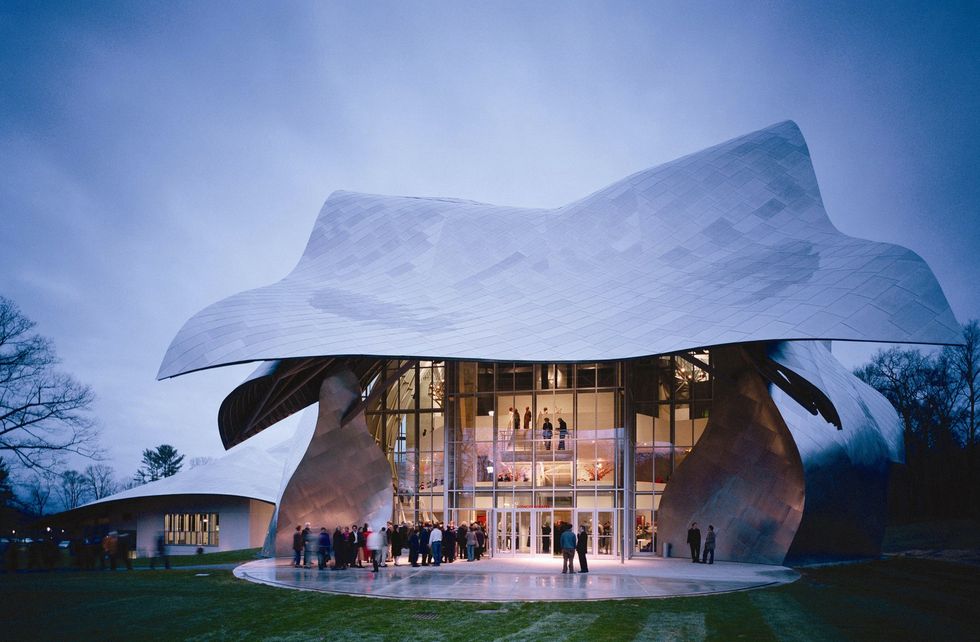
Frank Gehry’s Fisher Center is reason enough to make a trip to Annandale-on-Hudson, N.Y., and the Bard College campus, but there are also concerts and performances there throughout the summer. Photo of Fisher Center by Peter Aron/Esto

